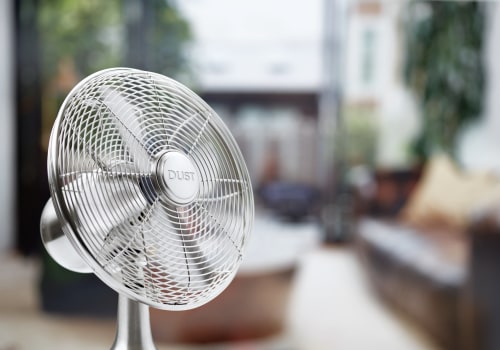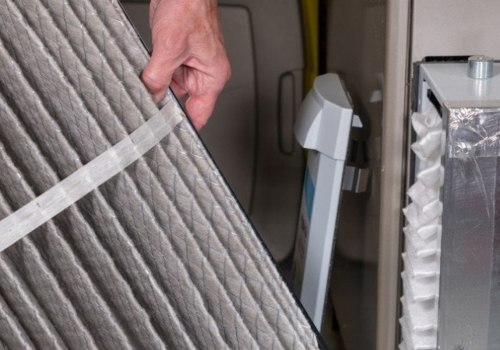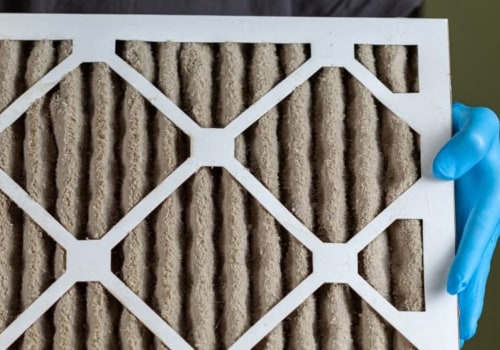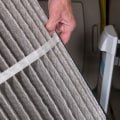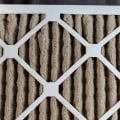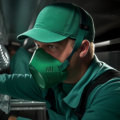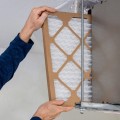When it comes to selecting the right filter for your oven or HVAC system, it's important to understand the Minimum Efficiency Reporting Value (MERV) rating. This rating is a measure of how well a central air filter removes particles from the air, and can range from MERV 1-4 to MERV 13. Basic filters with a MERV rating of 1-4 are the most economical option, but they only capture visible contaminants such as pet hair and dust rabbits, not fine particles like smoke. The American Lung Association recommends a filter with a MERV rating of 13 or higher, as long as it works with your central air system.
The EPA also suggests filters with a rating of at least MERV 13, or as high as the system fan and filter slot can accommodate. If your home's HVAC system is not capable of handling MERV 13, opt for the next highest possible rating. It's important to note that filters with higher MERV ratings should be changed more frequently (at least every three months) to avoid restricted airflow that can cause the system to operate inefficiently or even damage it. Additionally, not all filters are created equal, and marketing material from different filter brands can be confusing and often misleading.
Filter technology has grown by leaps and bounds over the years, and MERV ratings are designed to help us determine the most effective and efficient air filter options for heating and cooling systems and more. When selecting a filter for your oven or HVAC system, make sure to choose one with the highest possible MERV rating for your specific system.
